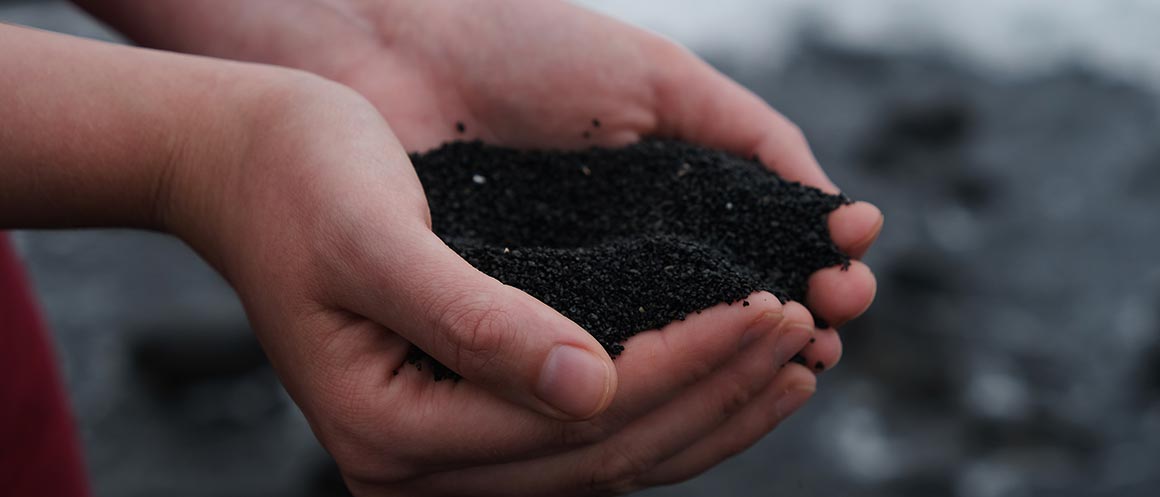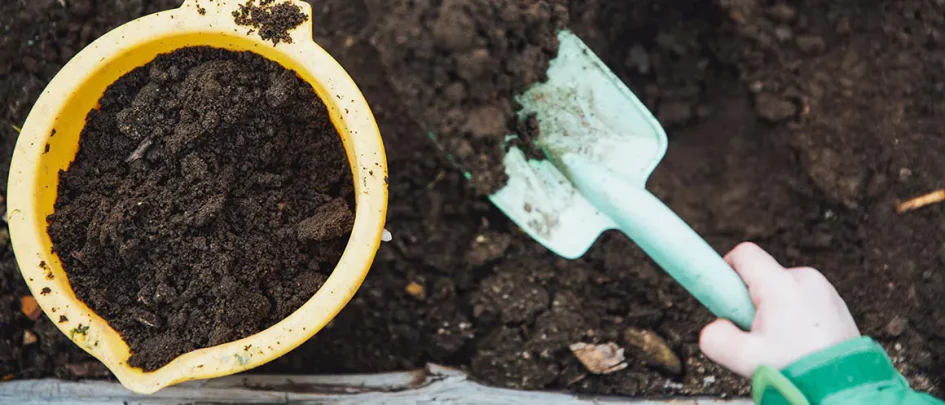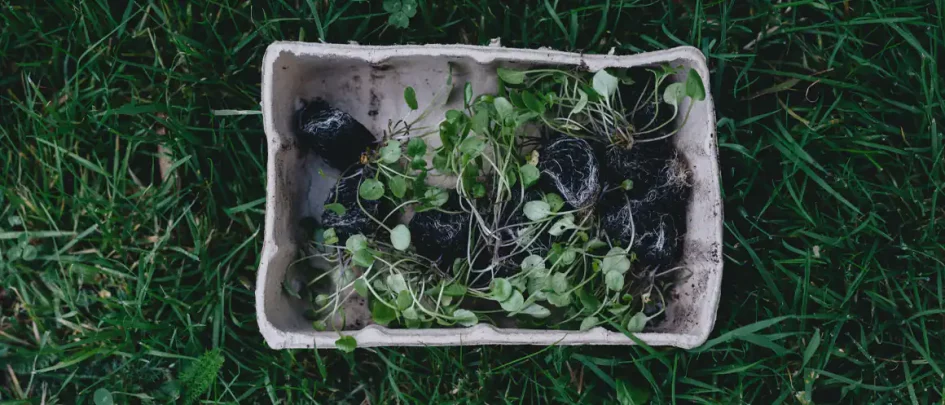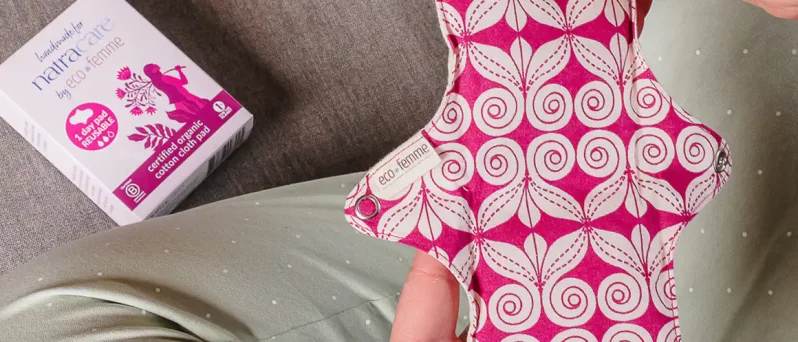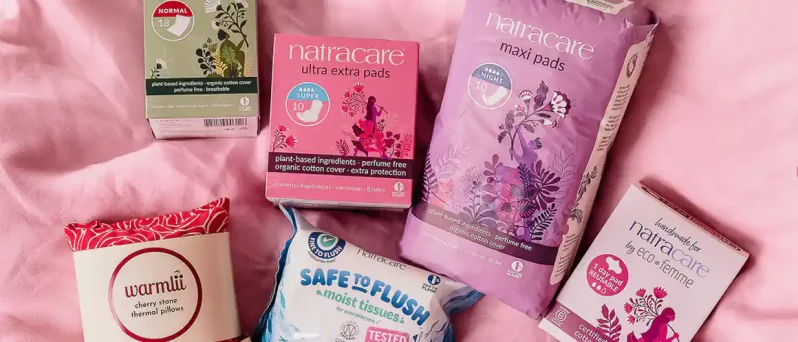Heard about hot composting but not sure what it is? It’s one form of composting, among many, which is particularly fast and efficient. Composting is amazing – it’s incredibly sustainable and helps keep soils healthy. Compost reduces waste otherwise destined for landfill and helps create rich material to grow food at home. So, what exactly is hot composting and how can you get started?
What is hot composting?
Hot composting is a much faster method of getting rid of organic waste compared to regular (cold bin) composting. Hot compost bins operate around temperatures between 40-65° Celsius.
Normal compost is usually noticeably warm as the process of microbes working to break things down releases thermal energy. Hot compost uses this to aid the process – it relies on an optimal microbial activity to help decompose organic matter at the right temperature. The result is you can end up with usable compost in around four weeks!
What are the benefits of hot composting?
A great benefit of hot composting is that it can take a much wider variety of food waste and compostable materials. If one of your goals is to reduce the level of waste your household produces this is a great option for increasing your sustainability footprint. Other benefits of hot-style composting include:
- You can compost all year round – the seasons won’t hold you back
- It creates compost quickly compared to other methods
- A larger variety of food waste and organic material can be composted
- The heat can kill off seeds from weeds, pathogens, and unwelcome bacteria
- Hot composting isn’t as smelly as some other types of composting
What’s the best way to hot compost?
You’ll need a compost bin, or designated area ready to fill with organic waste in your garden or allotment. It’s best to start with all your biodegradable material chopped up and broken into smaller bits. This allows all the material to break down evenly and quickly. Also, add in a good amount of existing ready compost as a starter, it will have the microorganisms and bacteria you need to really get your compost going.
Get a compost thermometer! It’s good practice to monitor the temperature of your hot compost pile. If your compost gets too cold (below 40° C) OR it gets too hot (over 75° C) – the speed of decomposition will slow right down.
When it drops below forty, turn and mix your compost and add some water. This adds oxygen and helps reinvigorate the microbial activity in your compost. After a couple of days, you should notice things are heating back up. If it gets too hot, add more water and carbon rich materials like wood and card. Don’t turn or mix until the temperature falls back within the desired range.
The temperature of your hot composts will always depend on moisture levels, the size of your organic matter, and the size of your pile. You can experiment with different batches, adding more water and making things smaller or bigger and see the impact this has on the quality of the resulting compost.
What can you put in a hot compost bin?
To get good compost resulting in that thick, dark brown, crumbly texture, which is ready to start growing with, you need a good balance of green and brown organic waste. Hot composting has a greater capacity for types of waste as the temperature can kill harmful pathogens or unwanted seeds from weeds.
Don’t fret too much over what you put in – the good news is that anything organic will break down, eventually. You can find out about different types of compostable green and brown waste here, but there is plenty more which can be composted!
Compost your tampons?
Natracare products are made from plant-based materials and zero oil-based plastic, which means it’s possible to hot compost your period products!
Find out more
You can’t really go wrong with composting; it’s an amazing natural process and you will always end up with the same result – only the time it takes and the richness of your compost may vary.
There are many other types of composting not covered here: these include vermicomposting, wormery composting and Bokashi composting. If you’re exploring your composting options there’s a lot of choices available in being more sustainable with organic waste.
Natracare pads, tampons, panty liners and wipes are suitable for hot composting! Natracare’s menstrual pads and most liners are certified commercially compostable to EN 13432 and ASTM D6400, which means when disposed of correctly, they can turn into valuable soil. We also have a hot composting bin at our headquarters in Bristol, UK where we compost Natracare products. Take a look at our compostable period products.
